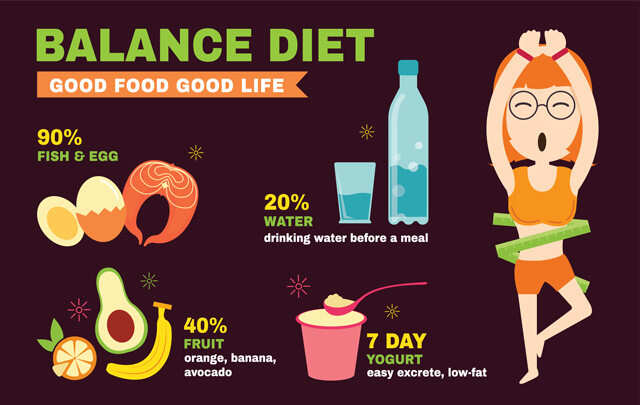Understanding the Challenge
Weight loss after 40 can be a unique challenge. Hormonal shifts, slowing metabolism, and increased responsibilities can make it tougher to shed those extra pounds. However, it’s not impossible. The key is a balanced approach that combines diet, exercise, and lifestyle changes.
Prioritize Nutrition
Diet plays a crucial role in weight loss. As you age, your body’s nutritional needs change. Focusing on whole foods is essential. Incorporate plenty of fruits, vegetables, lean proteins, and whole grains into your meals. These foods are packed with nutrients and fiber, helping you feel fuller for longer.
Reducing processed foods, sugary drinks, and excessive amounts of unhealthy fats is also important. These foods can contribute to weight gain and overall health issues. Remember, it’s not about strict diets but making sustainable changes to your eating habits.
Build Muscle, Boost Metabolism
Strength training is often overlooked in weight loss plans, especially for women. However, it’s a game-changer. As you age, muscle mass tends to decrease, slowing down your metabolism. Building muscle helps counteract this.
Aim for at least two to three strength training sessions per week. Focus on compound exercises that work multiple muscle groups, such as squats, lunges, push-ups, and rows. Incorporating resistance bands or dumbbells can also be effective.
Embrace Cardiovascular Exercise
Cardiovascular exercise, or cardio, helps burn calories and improve heart health. Aim for at least 150 minutes of moderate-intensity cardio or 75 minutes of vigorous-intensity cardio per week. Activities like brisk walking, swimming, dancing, or cycling are great options.
Prioritize Sleep
Sleep is often underestimated when it comes to weight loss. Lack of sleep can disrupt hormones that regulate appetite and metabolism. Aim for 7-9 hours of quality sleep each night. Create a relaxing bedtime routine, ensure your sleep environment is dark and quiet, and limit screen time before bed.
Manage Stress
Chronic stress can lead to weight gain. Stress hormones can trigger cravings for unhealthy foods and impair judgment. Incorporate stress management techniques into your routine. This could include meditation, yoga, deep breathing, or spending time in nature.
Stay Hydrated
Drinking enough water is essential for overall health and weight management. Water can help boost metabolism, reduce appetite, and support digestion. Aim for at least eight glasses of water per day.
Regular Check-ups
Consult with your healthcare provider before starting any new diet or exercise program, especially if you have underlying health conditions. Regular check-ups can help monitor your progress and address any concerns.
Patience and Consistency
Weight loss takes time and effort. Avoid quick fixes and fad diets. Focus on making sustainable lifestyle changes. Celebrate small victories and don’t get discouraged by setbacks. Remember, progress, not perfection, is the key.
Find a Support System
Having a support system can make a significant difference in your weight loss journey. Surround yourself with people who encourage and motivate you. Consider joining a support group or finding a workout buddy.
Listen to Your Body
Pay attention to your body’s signals. If you’re feeling tired or overwhelmed, take a rest day. Overtraining can hinder your progress. It’s essential to balance exercise, nutrition, and rest for optimal results.





